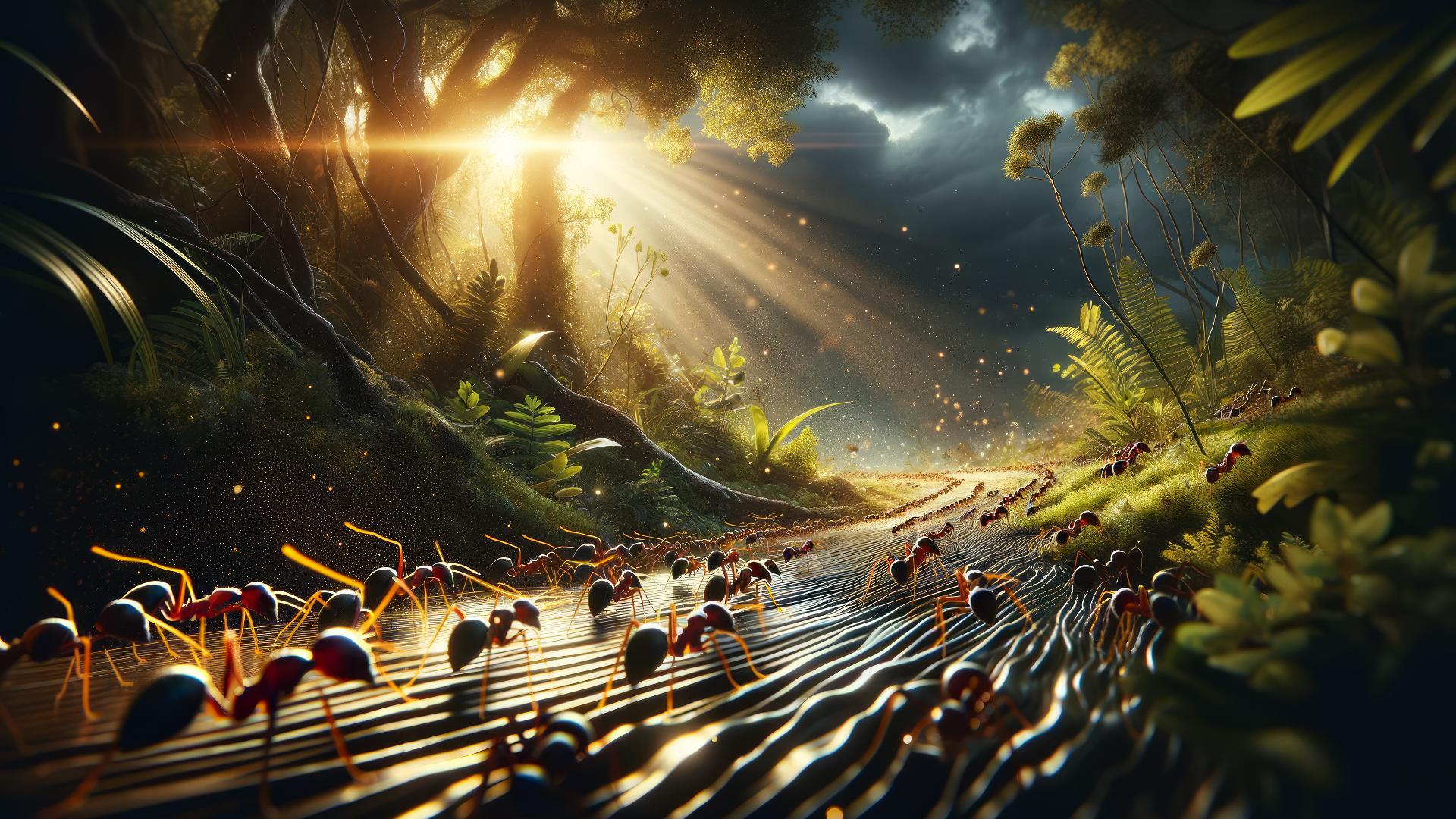Tag: Ecology
-

Batesian Mimicry
In Batesian Mimicry, a harmless species evolves to resemble a harmful one, thereby deterring predators. First articulated in 19th-century scientific research, this form of mimicry is governed by natural selection and frequently manifests in regions of high ecological diversity.
-

Müllerian Mimicry
In Müllerian mimicry, various harmful or unpalatable species come to resemble each other, amplifying mutual protection against predators. This adaptation arises from evolutionary pressures and has substantial impact on ecosystems and species interactions.
-

Umwelt
Umwelt theory suggests each organism experiences a unique, subjective universe based on its abilities to perceive and interact with its environment. This concept, influencing fields like ecology and cognitive science, asserts that organisms actively shape their perceptual worlds, with implications for understanding evolution.


